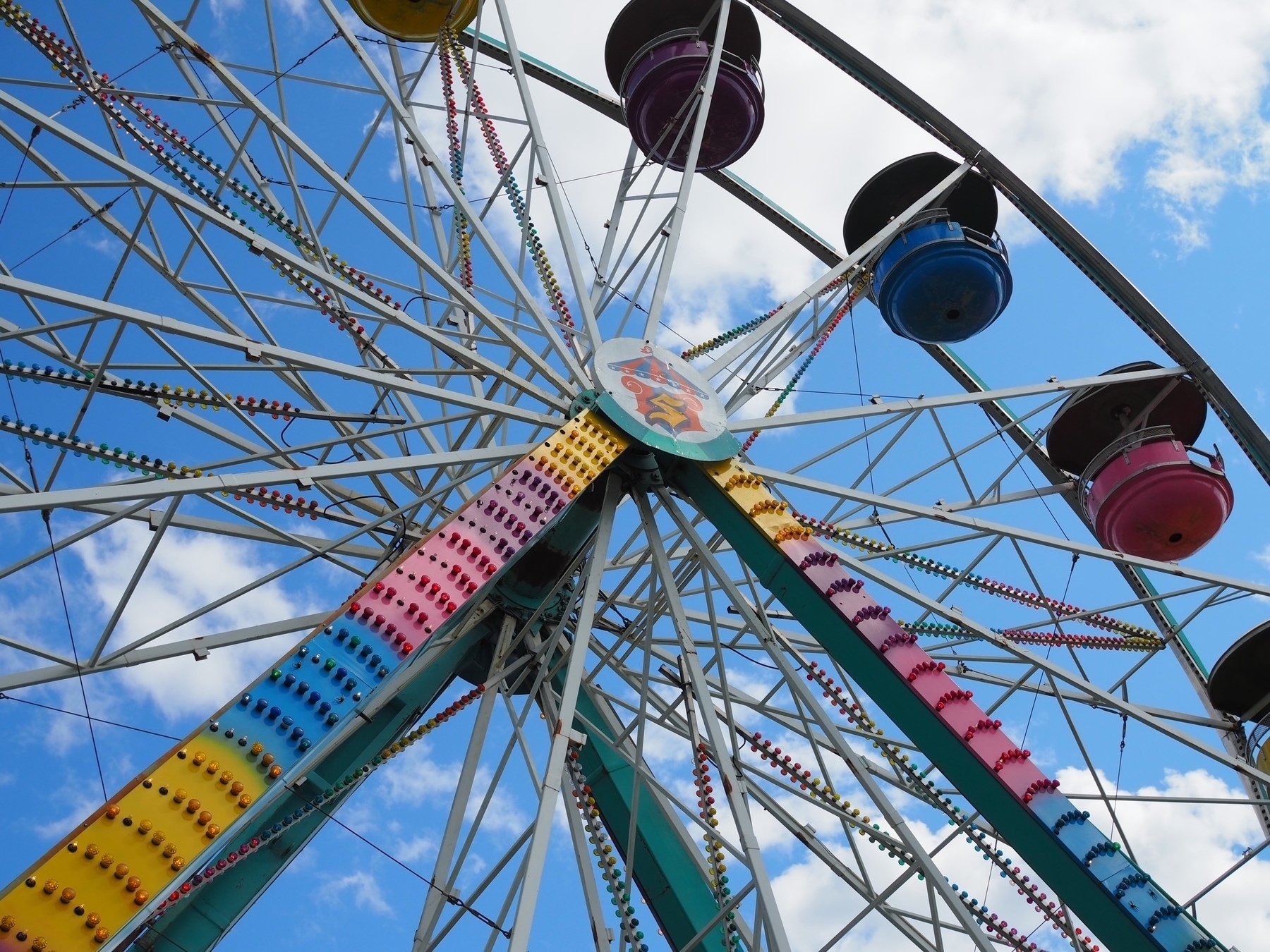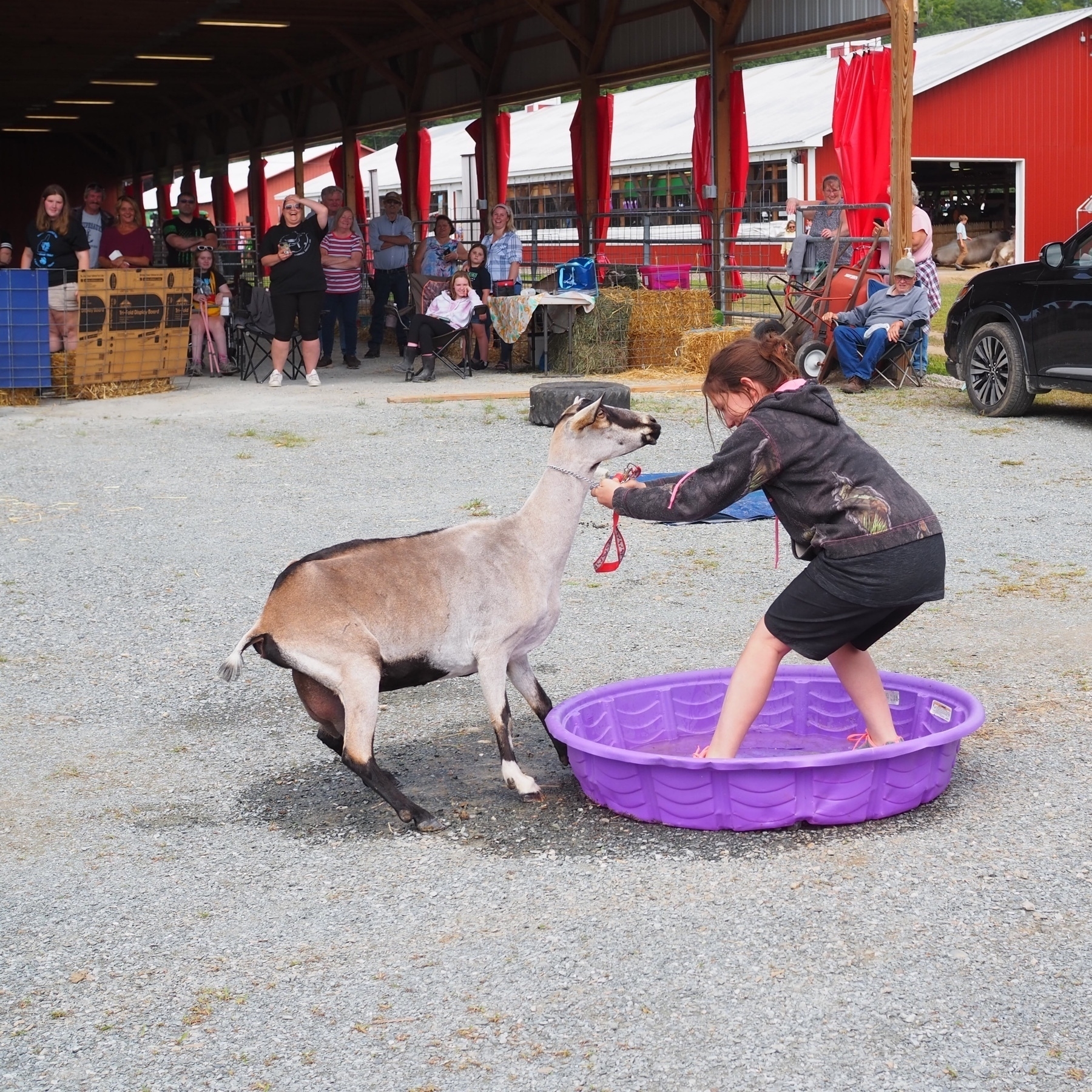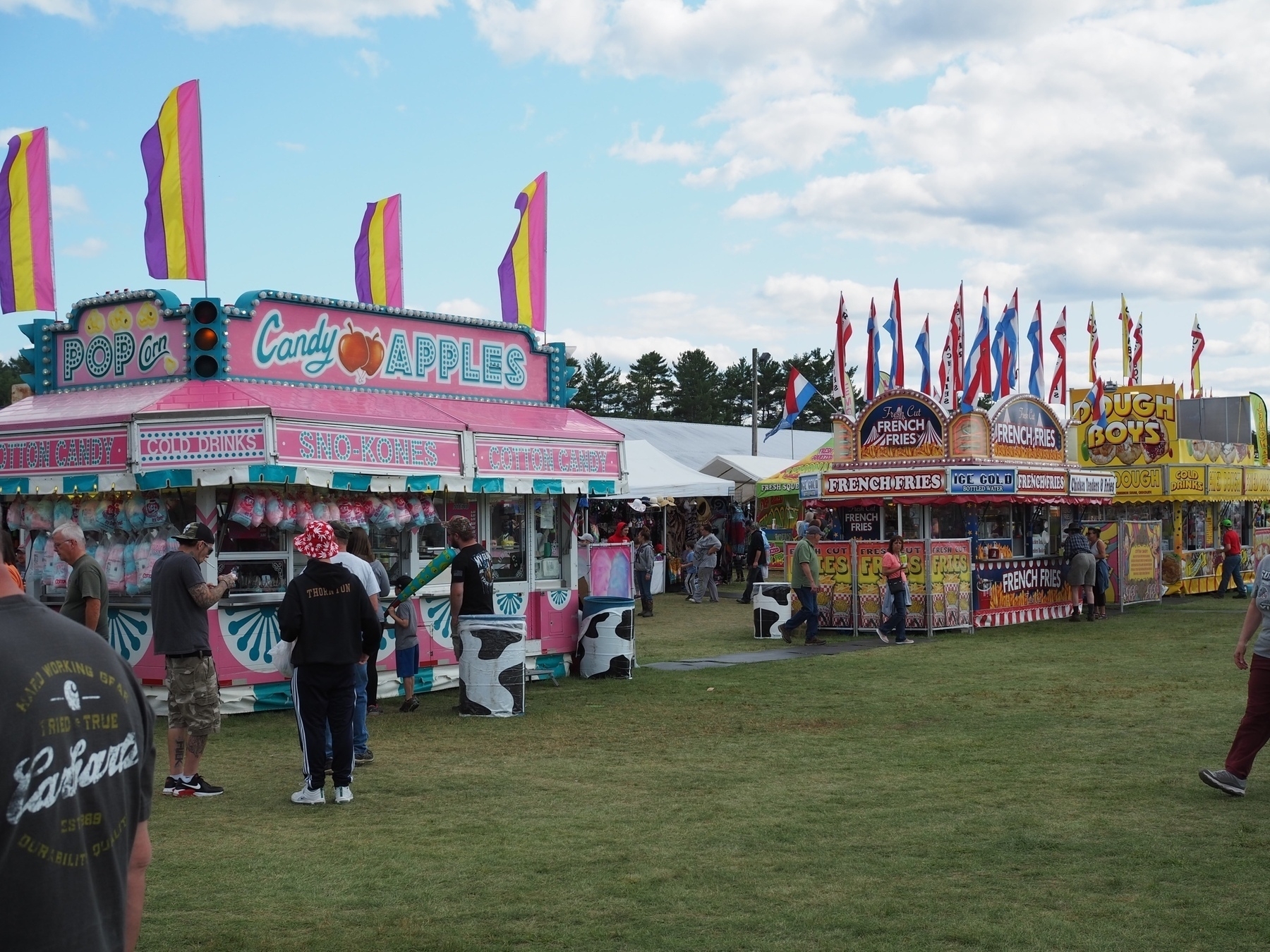Last night I told my wife I was going to go entirely to decaffeinated coffee starting today. After one look from her, I chickened out, and revised my goal to “quarter decaf”: half decaf in the morning, and full decaf in the afternoon. I still plan to eliminate (almost all) caffeine from my diet, but I am not sure if I will just drink decaf coffee twice a day, to preserve my warm beverage habit, or if I will forego coffee altogether. The latter would probably simplify my life a little bit, and is attractive, but I might go crazy drinking only water day and night.
Presenting
Today I, along with a small team, gave the biggest presentation I’ve done in years: a webinar for my company’s clients. We did an outstanding job. Now that it is over, I feel relieved and exhausted.
I spent several months earlier this year gearing up for this day. I decided early on to level up my presentation skills, which I thought were already very good. I took the learning process very seriously. I watched hundreds of hours of video: other people’s presentations, TED talks, Apple keynotes, lectures on speaking and communication, and instructional videos about visual design, slide decks, and PowerPoint. I made prototype slide decks in which I tried different techniques, and also tried to make some of the new techniques I liked work with my company’s PowerPoint template. I threw out and revised every slide I created several times. I practiced the entire talk out loud and made revisions to the visuals and to my script to communicate my ideas more succinctly. In the revision process, the true message of my presentation became more clear, and I was able to focus more on that. Lastly, I wrote almost the entire talk down in the speaker notes, to preserve the best part of my presentation, even though I had nearly memorized the entire thing while working on it.
This is all probably normal stuff to professional presenters, but I’m not one of them. For the past ten years or so, I have typically presented only once or twice a year, and most of those presentations were to my coworkers (sometimes the whole company, but it’s a small company). Before this year, I didn’t rehearse my talks, and my slides, while uncluttered, were usually not visually interesting. Now, after having put in so much hard work, I think I can present very well. I have gained confidence in myself for future presentations, and feel proud of myself for what I have achieved.
📚 Dubliners
I read James Joyce’s classic short story collection, Dubliners, while I was on my vacation. I read it as part of my presswork for tackling Ulysses, which I am slowly navigating now.
I don’t normally enjoy short stories because they usually seem incomplete—cut off just before they got interesting. Short story collections are usually disjointed; I prefer collections that have common characters or plot threads that run through all the stories. I have been reading more this year than in the past, including Olive Kitteridge and Olive, Again which I enjoyed very much. (They are called “novels,” but are in fact short story collections.)
The stories in Dubliners, of course, compose one of the archetypical collections of short stories. They are famous for the epiphanies that characters arrive at toward the end of each tale, and are devastating for the reader because those characters who recognize their personal failings or their poor lot end up doing nothing to fix things. Over and over again throughout the collection, his characters live rigid, bleak, repetitive lives, and choose comfort—and not even much comfort at all—and certainly over fulfillment and uncertainty.
I see the same themes in my own life. Everyone I know, including and especially myself—lives inside a rigid, repetitive routine: school, work, cooking, cleaning, a little leisure, maybe a vacation once or twice a year. Furthermore, I know that I, like some of Joyce’s characters, have chosen comfort over fulfillment—at least in terms of my career choices, and in some respects in terms of vacation travel as well. If I had taken more risks, perhaps I would have more money or status, and I might have made more of an impact on the world. My life, however, is nowhere near as bleak as the Dubliners Joyce writes about. I have a great family, a great home, and have done some great things I can be proud of. But it is chilling to think how repetitive everyday life is, and how much drudgery it entails; like Joyce’s characters in Dubliners each of us is stuck in a loop.
Background music and Endel
Sometimes when I’m working, I want music playing, but I don’t really know what I want to listen to, and I don’t have the patience to think about it. In these situations, I have tried listening to classical music, jazz, and lo-fi (hip-hop/trip-hop, etc.). Over the past week, I gave Endel an honest try, too.
While I enjoy classical music in a live setting, I don’t like listening to it in my headphones. Its wide dynamic range makes it so that I can’t hear some sections of it, and other sections are too loud. That doesn’t work for me; I want something that is not too loud, but is completely audible, all the time.
Jazz (especially classic jazz) was what I listened to almost exclusively during my senior year of college. It got me through reading and writing hundreds and hundreds of pages of text. However, I find my engagement with jazz to be all over the map. I love some of it and I hate some of it, and the kind of jazz you can just have on, not listening to—smooth jazz, I suppose—is just bad. All in all, I find jazz too distracting to listen to while I work, unless I listen to a single album that I already know and love.
Lo-fi hip hop is my favorite background music at this point. I appreciate its nearly constant beat, somewhat consistent tempos, and there appears to be a never-ending supply of it. My wife hates when I play it in the house when I am doing chores or writing, though, which means I can only really listen to it via headphones when I’m around her. It works great on my headphones while I read on my iPad, or through my loudspeakers when I work.
Over the past two weeks, I tried to get into Endel, which offers an AI-based soundscape that constantly changes and continually evolves as you listen to it. I like the idea a lot more than the reality of it, though I think it has a lot to do with my tinnitus. Endel is extremely treble-heavy and bass-light (really, there is no bass at all), and only one of its scenarios, Focus, has a beat. I would not describe the sounds as shrill, but they aggravate my tinnitus instead of helping me ignore it. Last week, I listened to Endel exclusively through headphones (my B&O H9s and my AirPods) while I did chores like the dishes and laundry. This morning, now that I am back at work, I tried listening to the Focus soundscape for a few hours through my loudspeakers. It drove my wife and both my kids absolutely bananas. Each of them yelled at me to stop playing it, even though it was not playing loudly, and they were on a different level of the house. After that experience, I think I will not be buying an Endel lifetime subscription.
Tomorrow I plan to listen to Lofi Girl for much of my workday. That is the best bet for me, when I can’t make up my mind about music and need to focus on my work more than what I am listening to.
Today is my first day back at work after my vacation. I have found that, now that I consume less caffeine, I am finding all of the catching up, surprises, and unexpected requests to be less stressful than in prior years. Let’s see how I feel (maybe tired?) later this afternoon and evening.
After thinking about it quite a bit (too much really) I ordered a 4-pack of Apple AirTags. I think it will be useful for my wife and I to have them on our keychains and in our go-bags, especially because we are spending more time away from home now. I look forward to kicking the Tile app off my phone.
My wife and I are unpacking and cleaning house after our time away from home. I always need this buffer day after a vacation to reset the house and, most importantly, the kitchen before I return to work. (I wouldn’t need a buffer day if we ever got back home before midnight. 😀)
My day will be all about packing and driving, and a visiting my mom for a little while, too.
Half-decaf
I have been lowering my caffeine intake over the past month or so. While I don’t drink that much coffee, but I think that my two (strong) cups per day allotment is causing me some minor health problems. I am at the point where trying to quit (or at least drastically lower) caffeine consumption seems like a reasonable approach to try to improve things. In retrospect, it is embarrassing how long it has taken me to even consider lower caffeine intake as a possibility.
It has not been easy. I am trying to step down my caffeine intake by substituting decaffeinated coffee for some of the normal (good) beans in my brew. That experiment failed a couple of times; the normal ebb and flow of work-related stress led to a couple of relapses, all for a mid-afternoon boost. I restarted it when I started my vacation. I think I have been drinking about 25-30% of the caffeine in had been consuming. After a day or so I legitimately went through withdrawal symptoms: chills, headaches, and depression. I am perfectly fine now, but, from what I have read about caffeine withdrawal, I can expect even worse symptoms when I drop from some caffeine to none. I plan to stay at half-decaf levels for the next week or more, to delay that pain to a more manageable time.
I am at the point I my vacation where I am contemplating how I can be a better person after I return home.
I am not able to attend Micro.camp due to vacation travel-related reasons. I wish everyone the best. 😀
This afternoon at Burns Lake in Whitefield, New Hampshire.

Lake Winnipesaukee is a fun, low-key place. We spent an afternoon there with some old friends yesterday.


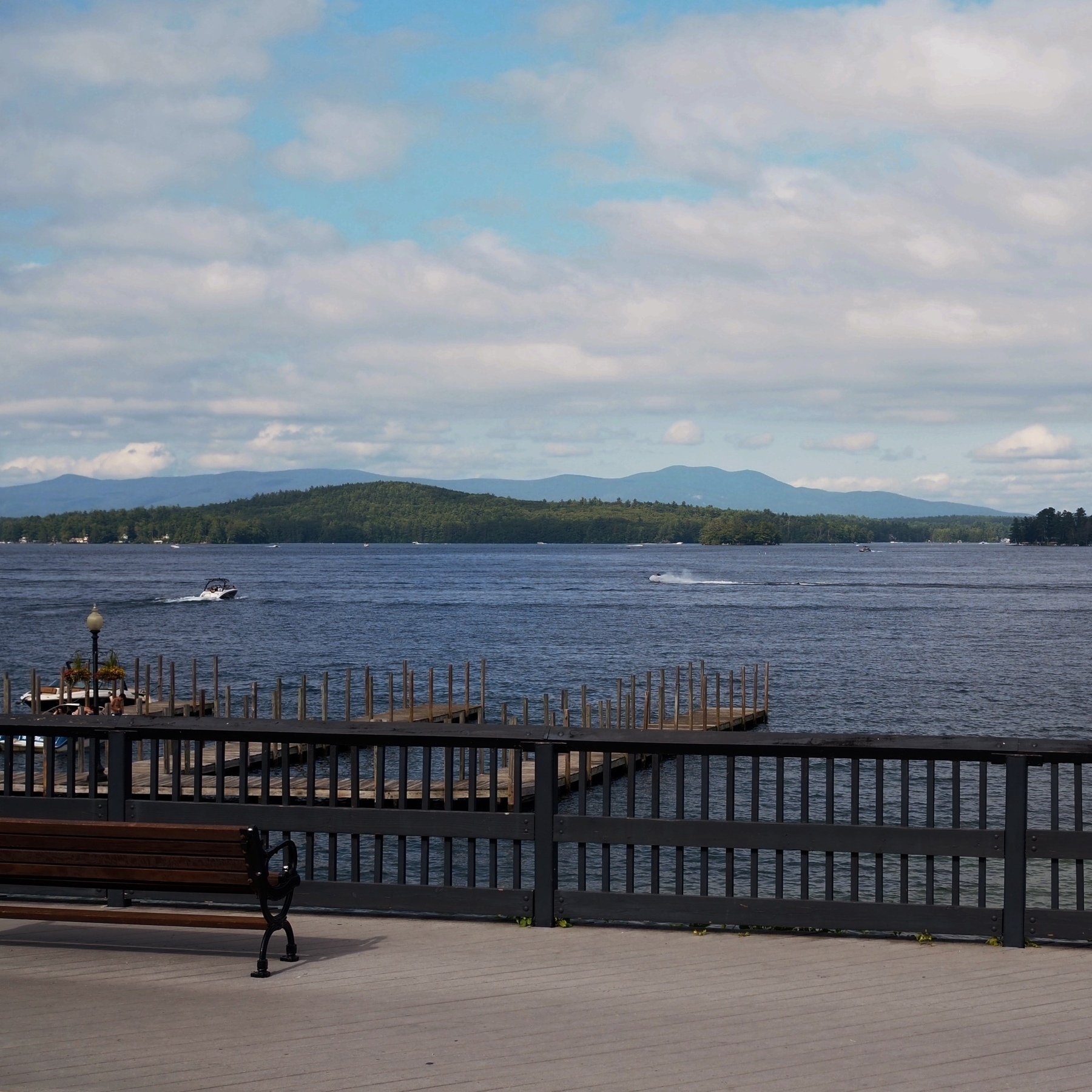
I’m driving to Lake Winnipesaukee today. We are going to see one of my wife’s college friends who we haven’t seen in years.
Lies I tell myself, vacation edition
One of the lies I told myself when I packed for vacation is that I would spend more time writing and coding (for fun) each day. My MacBook has sat in a box in the closet, unused for all but one evening. I did not expect:
- My kids going to bed at 10:00 or 11:00 PM
- My RSI to make typing in the MacBook quite painful (at home I use an external keyboard exclusively these days)
- Me taking up reading through the prose of James Joyce (I recently started Ulysses, after reading A Portrait of the Artist as a Young Man and Dubliners) and all sorts of related background material
I am OK with this. I am resting and recuperating. I am also studying James Joyce fairly seriously late at night, which is something I would not have attempted during non-vacation time. I don’t have to churn out essays and source code to be productive.
Today’s activity was blueberry picking at a nearby farm. My kids really loved it. We have a ton of blueberries now, and plan to bake something yummy with them: a blueberry buckle, perhaps.


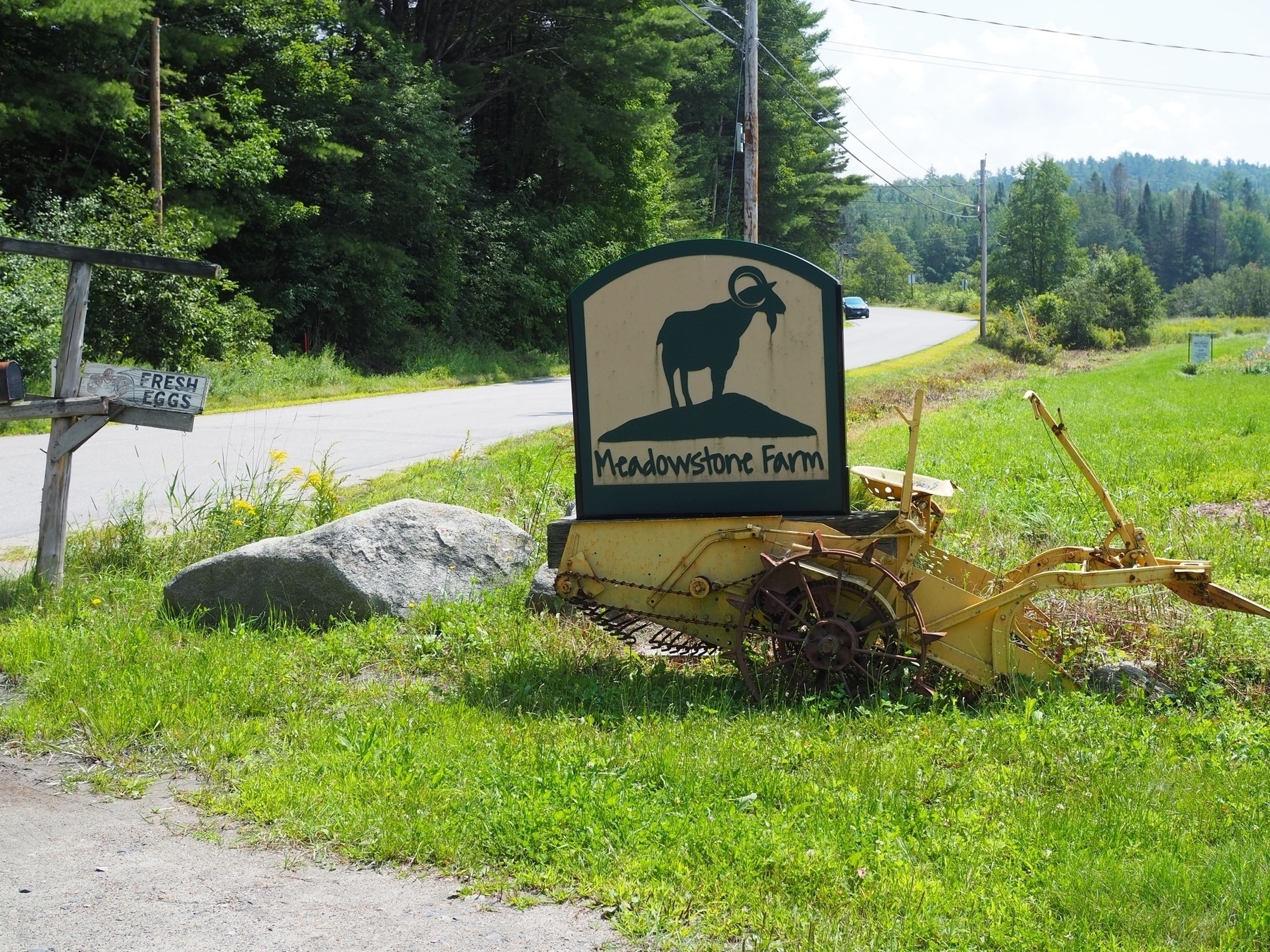

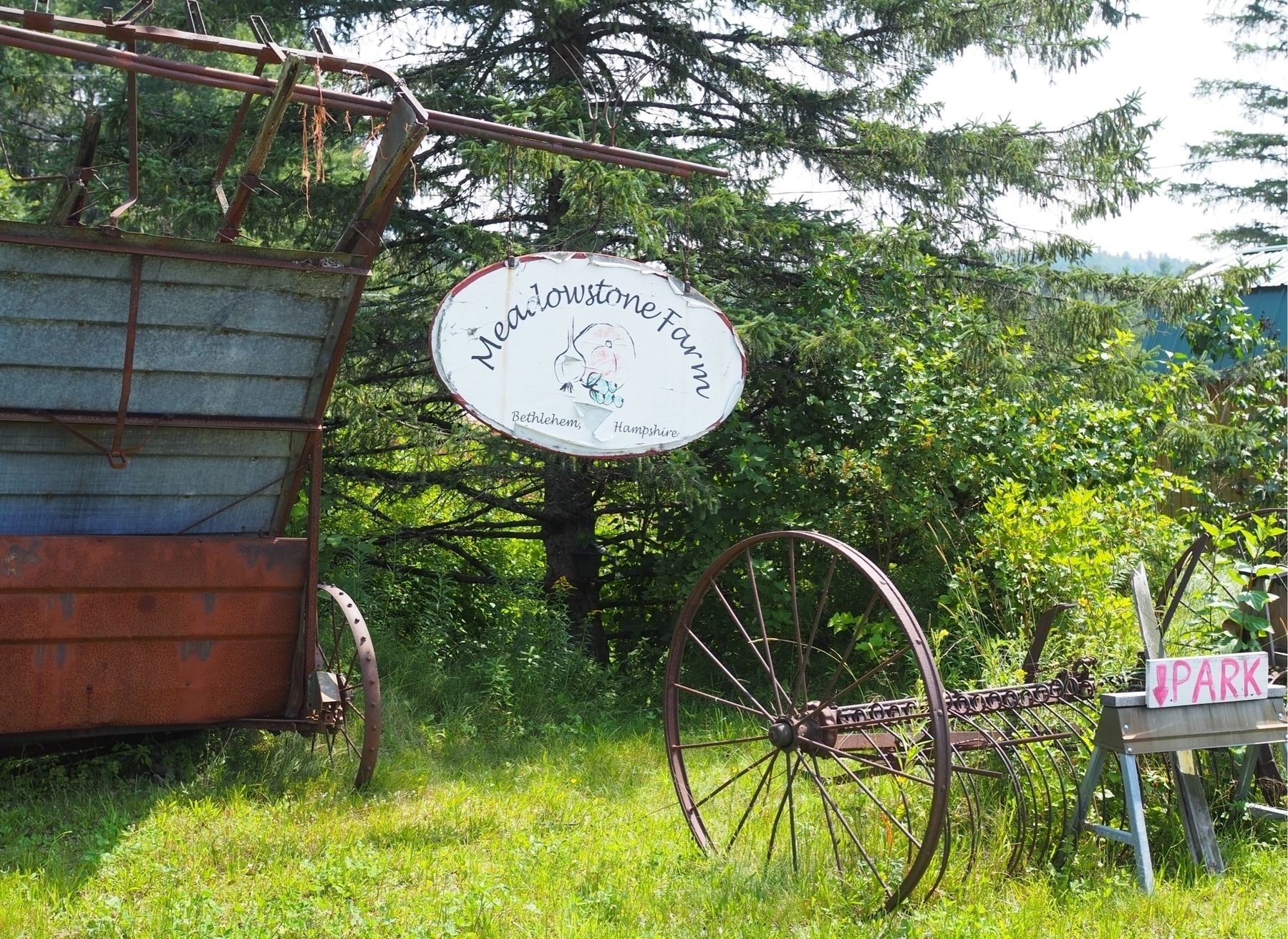
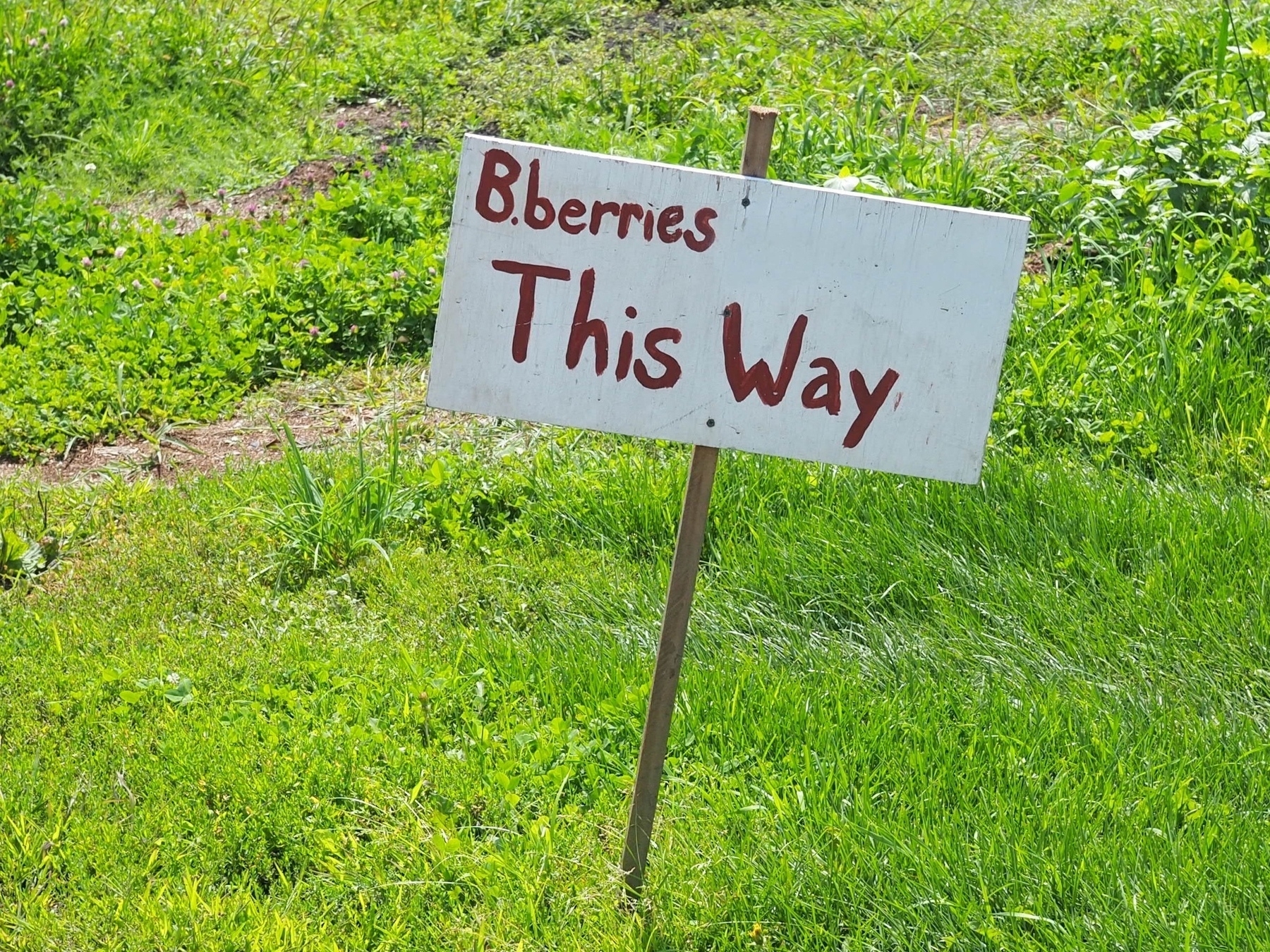
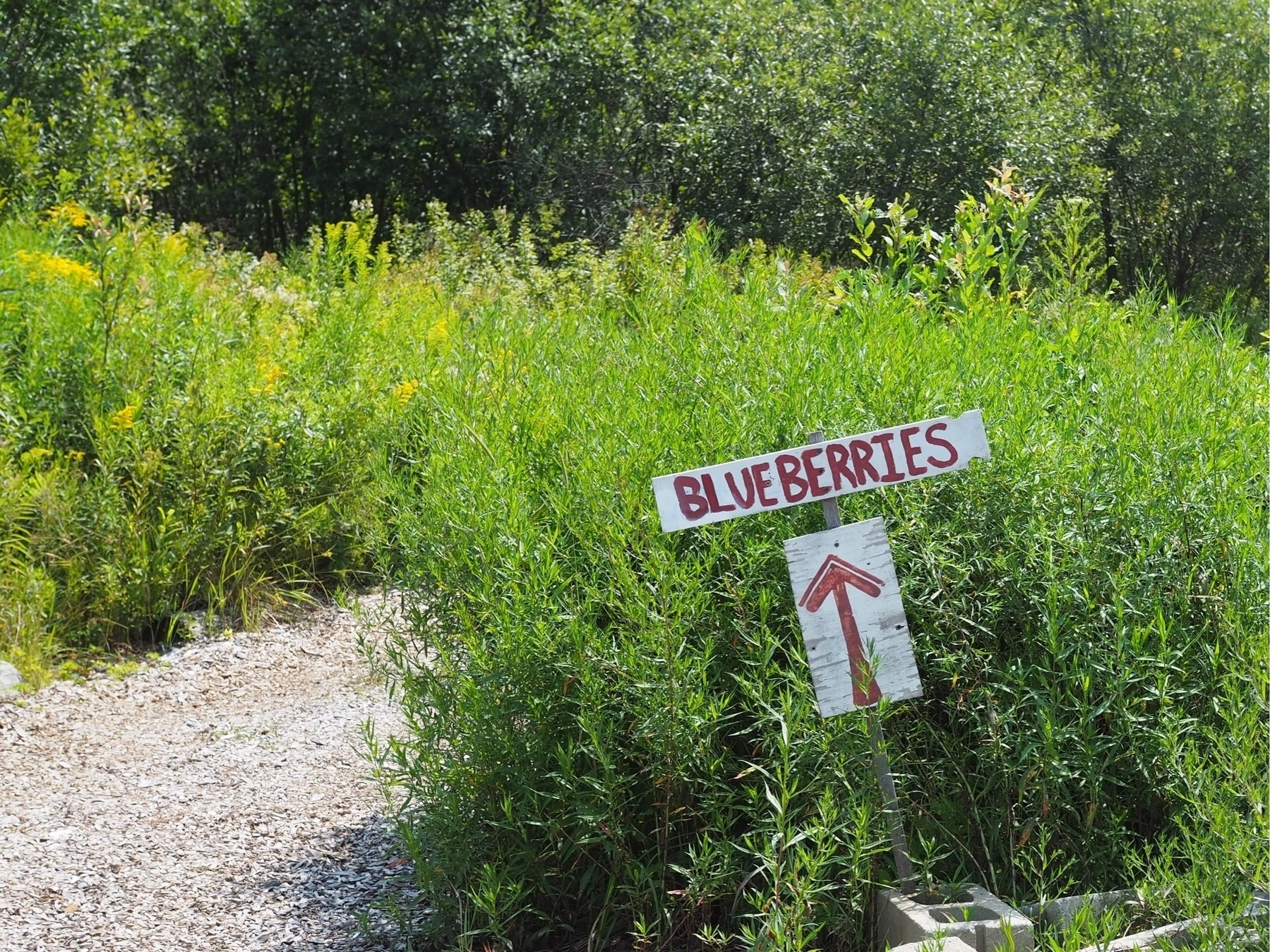

We found a new lunch spot today at Moore Resevoir, and had a conversation about the Connecticut River (the river I lived near my entire childhood) while we were there.

We spent the afternoon at Echo Lake in Franconia State Park. It is a great place for the kids to swim and play. They made sand castles, lakes, and swimming pools for their toys on the beach.

Here is a view of “our lake” in New Hampshire. We spent the afternoon there a couple days ago. The kids played in the sand and water, the adults chatted, and I took pictures. More recently we went on a couple short hikes and spent an afternoon at Santa’s Village, a theme park.

Monuments to a Loser, or the Second Lost Cause
One frequent and inescapable sight on the rural roads of New Hampshire is the Trump campaign sign. In every town, there are Trump campaign signs flanking the ends of driveways. Huge Trump/Pence billboards are proudly hoisted over the signs for legitimate businesses, presumably by the owners themselves. Trump flags—and the occasional anti-Biden flag—hang limply from the front of houses; some of them are accompanied by the MAGA battle flag: the black-and-blue parody of the Stars and Stripes. This is unusual. Trump lost almost a year ago. In every other election I have lived through, all the campaign signs came down in short order. But in 2021, in every town I drive through, I pass by monument after monument to the loser.
Celebrating a win for too long is gauche and sad. Mourning a loss, however old, is noble. This is especially true when that loss neatly dovetails into an even greater loss that the MAGA movement clearly draws its inspiration from: The Lost Cause. They both stem from the very same great lies: “this [thing I don’t like] isn’t fair” and “my humiliation is your humiliation.”
It is too soon to know if The Big Lie will have the weight and longevity of The Lost Cause. It seems likely, though, that The Big Lie will simply get folded into The Lost Cause, remembered as yet another indignity in a long line. In that way, it can last, essentially, forever.
Those Trump campaign signs can stay up forever, too, even after the former president runs again in 2024, retires from public life, or dies. I think that it would be a mistake to extend sympathy to the sore losers who leave them there, because what they believe—that they were cheated by a clean democratic election—undermines the American ideals of representative democracy, equal protection, and law and order.
The Big Lie is not going away, at least not anytime soon. It has embedded itself as the base of the Republican platform. You will see politicians run on it in 2022. The mid-term elections are going to be rough, and will merely set the table for the circus that will be the next presidential election season. We are in for a difficult couple of years ahead.
The Old Man of the Mountain
My family’s plans for a picnic lunch and an afternoon of swimming at Echo Lake, in Franconia State Park, were cut short because tickets for the lake were sold out. Echo Lake is one of my family’s favorite spots in the White Mountains. The mountain views are beautiful and there is a large (artificial) sandy beach to sunbathe and play on.
We went to the nearby Profile Lake instead, and ate our lunch at the Old Man of the Mountain viewing area. Because the Old Man rock formation fell down in 2003, you can’t see it anymore. The park set up clever “steel profilers” that you can line up your vision with to create an optical illusion of what the old rock face looked like.
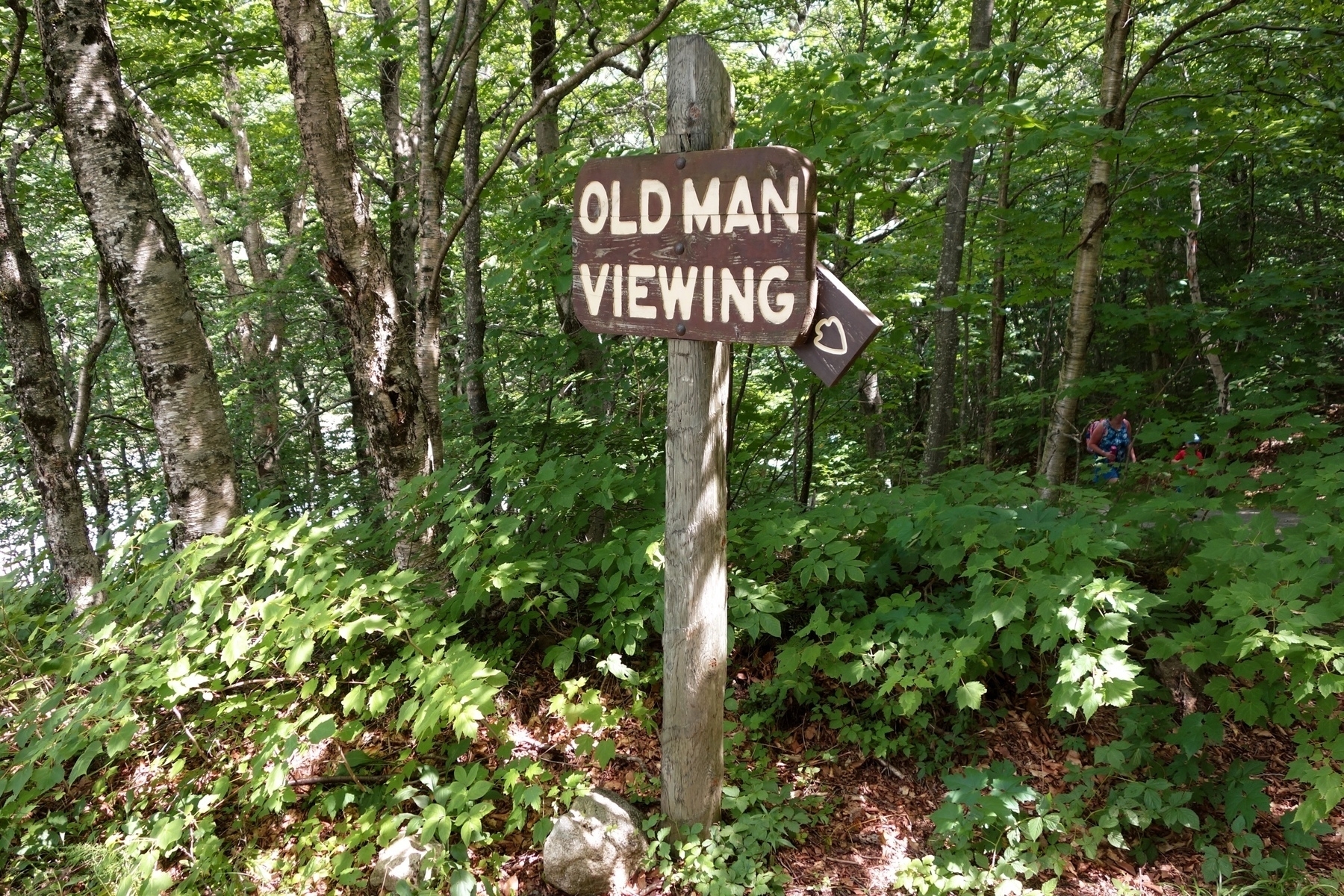



Beaver Brook Falls
Today I drove the family to a tiny park in northern New Hampshire that consisted of a picnic area, a waterfall, and a couple of short trails. We ate a picnic lunch when we got there and then explored the place. We enjoyed experiencing the roar and spray of the falls and had multiple great vantage points to view it from. It was a great time.
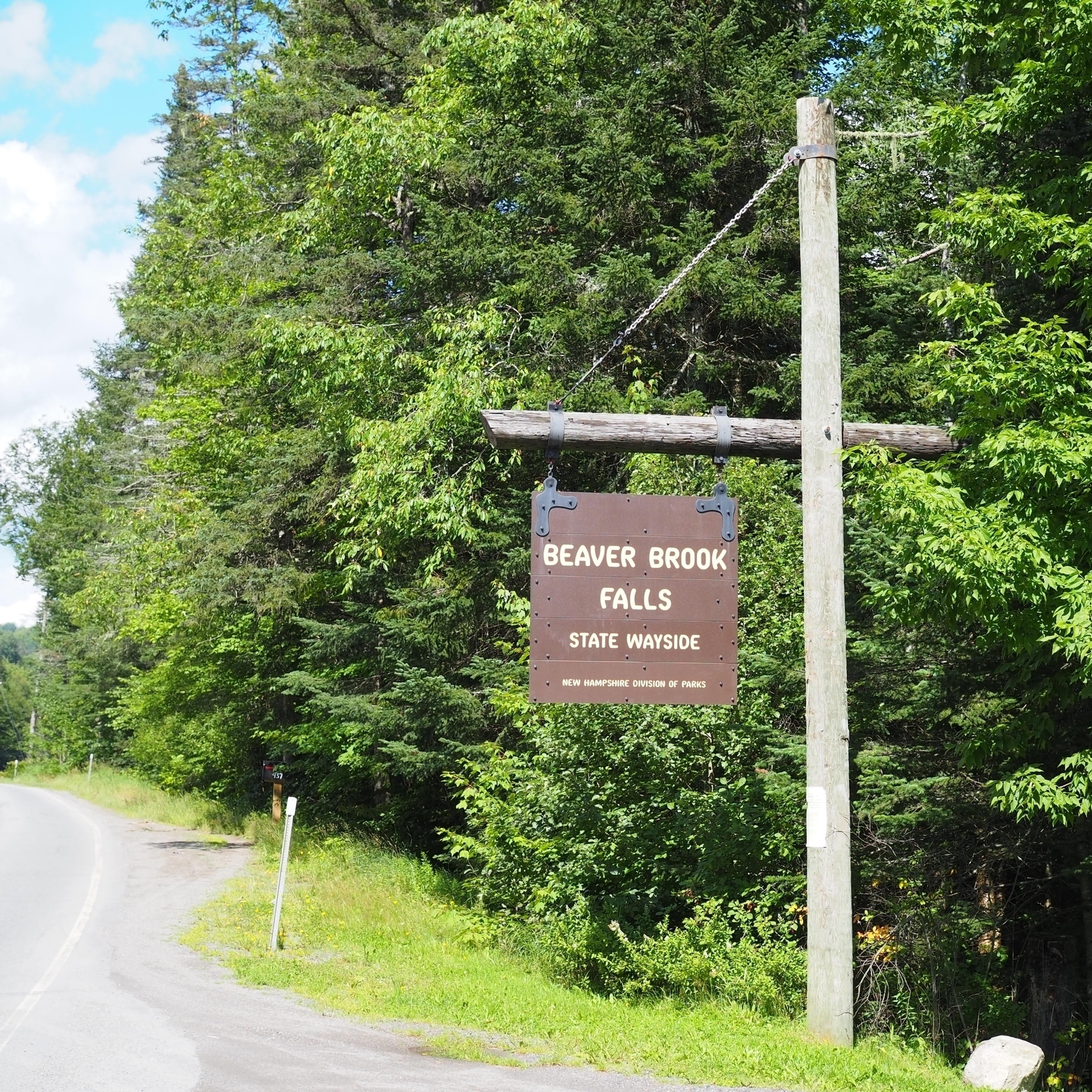



It’s day three of my vacation and my sleep schedule is already completely messed up. 😬
A low-key day in Littleton, NH
After a sunny, exciting day at the fair, today was overcast, cool, and low-key. We took the kids to a playground (with a view of a mountain) and to the bookstore/toy store in nearby Littleton, New Hampshire. The kids had great fun, but we had to cut our visit to down short due to rain.
Ironically, for the warmest year on record, this has been the coldest stretch of days that I have ever been in the mountains. It is a welcome respite from the heat in New Jersey, but it feels like I have traveled back in time. Nighttimes feel crisp, like late August/early September when I was a child.
We plan to go to a lake or to a theme park soon, once the sun returns and the temperature rises.


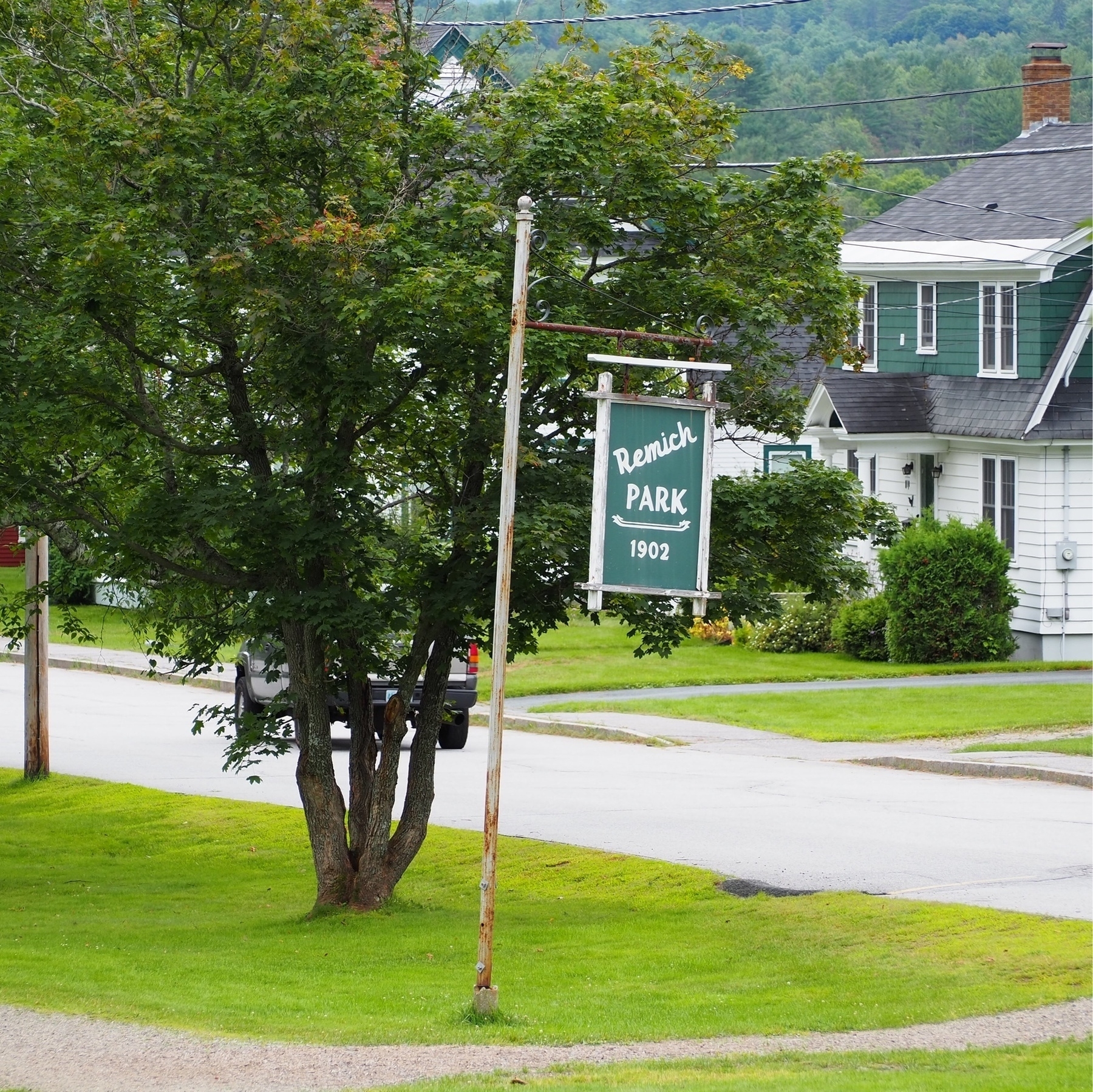
The North Haverhill Fair
My family and I very much enjoyed the North Haverhill fair today. We had perfect weather, and I lucked out with the fair food (my wife and I shared the best fried Oreos I have had in years). My kids loved seeing the animals (one thing we saw was a goat obstacle course contest) and enjoyed the rides. I find that I enjoy fairs—especially the agricultural aspects—a lot more as an adult than I ever did as a kid.
